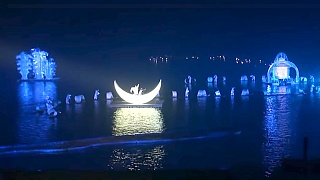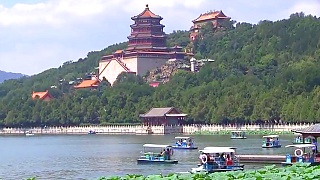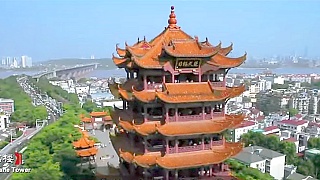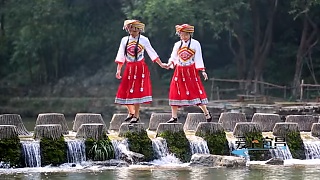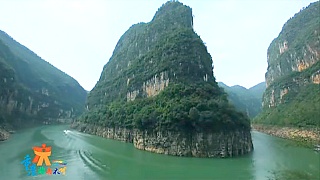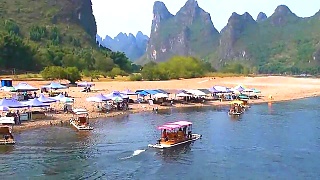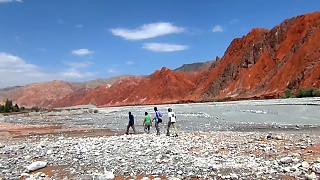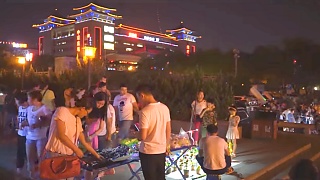
|
With Seiu Travel ...
ShiJiaZhuang visitor guide
Overview
ShiJiaZhuang, the capital of HeBei province, is a vibrant city known for its rich cultural heritage, modern developments, and scenic surroundings. As a major transportation hub, ShiJiaZhuang is easily accessible and offers a variety of attractions, from historical sites to beautiful parks, making it a great destination for both history enthusiasts and nature lovers.
History
ShiJiaZhuang's history dates back over a thousand years, with its origins in the Han Dynasty (206 BC–220 AD). The city has grown significantly from a small village into a bustling metropolis. Its historical evolution is reflected in its diverse architecture and cultural sites, which showcase the city's rich past and dynamic present.
Main Attractions
Hebei Provincial Museum
The Hebei Provincial Museum is a must-visit for those interested in the history and culture of the region. The museum houses an extensive collection of artifacts, including ancient pottery, calligraphy, and historical relics that provide insights into the province's past.
Zhaozhou Bridge
The Zhaozhou Bridge, also known as Anji Bridge, is an ancient stone bridge located in the Zhao County of ShiJiaZhuang. Built during the Sui Dynasty (581–618 AD), it is one of the oldest and best-preserved stone arch bridges in the world. The bridge is an engineering marvel and a testament to ancient Chinese architectural ingenuity.
Mount Cangyan Scenic Area
The Mount Cangyan Scenic Area is a stunning natural attraction located to the southwest of ShiJiaZhuang. Known for its breathtaking landscapes and historical temples, the area offers hiking trails, beautiful views, and a serene environment. The most famous site here is the suspended temple, Xumi Fushou Temple, built on a cliff.
Pilu Temple
Pilu Temple, located in the city center, is a significant cultural and religious site. The temple features beautiful architecture, intricate carvings, and tranquil gardens. It is a great place to learn about local religious practices and enjoy a peaceful retreat from the bustling city.
Culture and Traditions
ShiJiaZhuang is a city with a rich cultural heritage, blending traditional customs with modern influences. The city's cultural scene includes traditional Chinese opera, folk music, and various festivals that celebrate local customs and traditions. Visitors can experience the vibrant culture through performances, exhibitions, and local markets.
Activities and Experiences
Walking Tours
Explore ShiJiaZhuang on foot with guided walking tours that offer insights into the city's history, architecture, and culture. Walking through the city's streets and alleys provides a unique perspective and allows visitors to discover hidden gems and local stories.
Shopping for Local Crafts
The markets and shops in ShiJiaZhuang offer a variety of traditional crafts and handmade products. Visitors can shop for souvenirs, including pottery, embroidery, and traditional clothing, all crafted by local artisans. These items make for unique and meaningful mementos of your visit.
Sampling Local Cuisine
ShiJiaZhuang is known for its delicious local cuisine, which reflects the flavors and traditions of HeBei province. Visitors can sample a range of traditional dishes at the city's restaurants and food stalls. Don't miss trying the local specialties, such as donkey burger (驴肉火烧), roasted mutton, and various noodle dishes.
Visiting Local Festivals
Throughout the year, ShiJiaZhuang hosts various traditional festivals that celebrate local culture and heritage. These festivals feature music, dance, and traditional performances, offering visitors a unique and immersive cultural experience. Check the local event calendar to see if any festivals coincide with your visit.
Accommodation
ShiJiaZhuang offers a range of accommodation options, including luxury hotels, budget hotels, and guesthouses. Staying in the city center provides convenient access to major attractions and amenities. Whether you're looking for a comfortable hotel or a traditional guesthouse, you'll find a variety of options to suit your needs.
Travel Tips
Best Time to Visit: The best time to visit ShiJiaZhuang is during spring (April to June) and autumn (September to November) when the weather is pleasant, and the city is less crowded.
Getting There: ShiJiaZhuang is a major transportation hub with a well-connected railway network. The city is accessible by train, bus, and car. The nearest airport is ShiJiaZhuang Zhengding International Airport, which offers connections to various domestic and international destinations.
Opening Hours: Most attractions in ShiJiaZhuang are open year-round. Specific sites and museums may have their own operating hours.
Entrance Fees: There may be entrance fees for certain attractions within the city. It is advisable to check the latest fees before planning your visit.
Dress Comfortably: Wear comfortable clothing and sturdy walking shoes, especially if you plan on exploring the city's historical sites and natural attractions.
Respect Local Customs: Be respectful of local customs and traditions, especially when visiting temples and cultural sites. Always ask for permission before taking photos of people.
Stay Hydrated: Carry water, especially if you plan on exploring the city extensively. It's also a good idea to bring snacks or purchase food from local vendors.
|

 YiChang 宜昌, along the YangTze River
YiChang 宜昌, along the YangTze River
